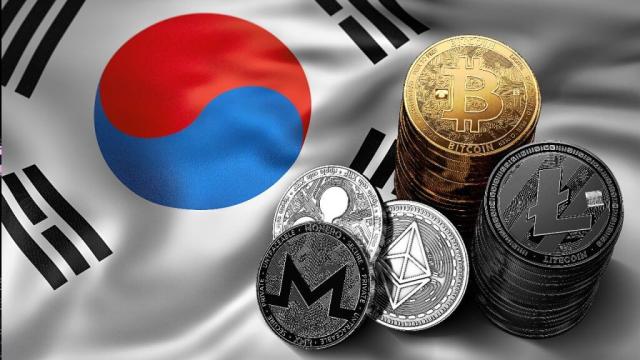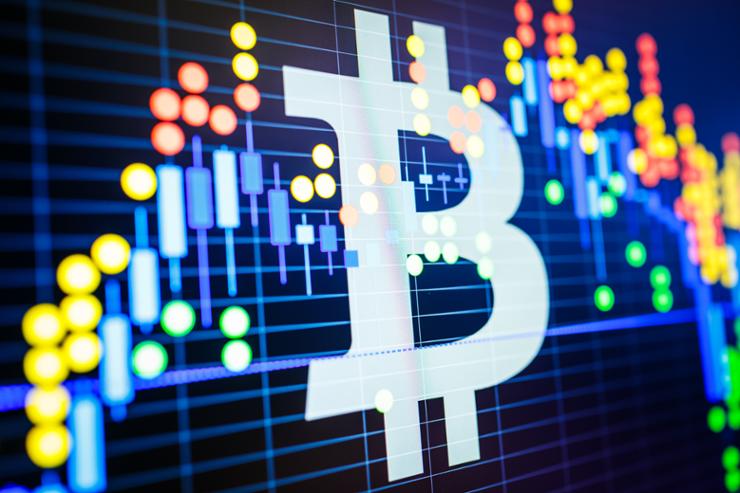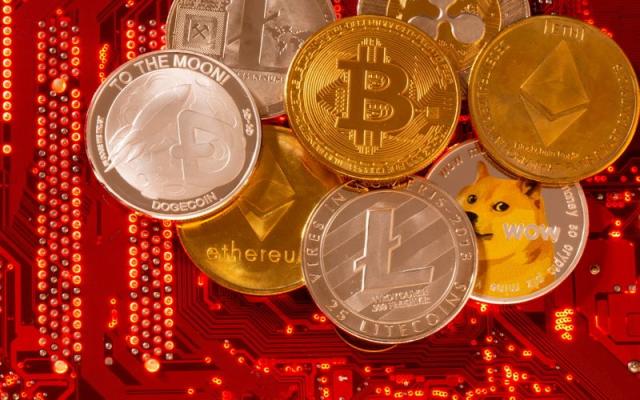South Korea’s financial authorities are planning to expel unfit cryptocurrency exchanges that fail to meet stringent standards. The Korea Financial Intelligence Unit (KoFIU) announced its annual work plan on Monday, which includes strengthening scrutiny and inspection of cryptocurrency exchanges. The financial authorities will also expand the scope of screening targets to block the entry of unfit virtual business operators into the marketplace.

The government is considering adopting a preemptive trading suspension system for suspicious transactions, even at a pre-investigation stage, to swiftly prevent a criminal act. These measures are being implemented to ensure the smooth implementation of the country’s first protection law on virtual asset consumers, which will take effect in July.
KoFIU has been managing the official registration of dozens of coin exchanges that operate in Korea since the fall of 2021. As cryptocurrency exchanges that gained government recognition three years ago are slated to renew their registrations during the second half of this year, KoFIU plans to conduct thorough examinations during the first half of this year.
After closely looking into the anti-money laundering inspections of coin exchanges, operational capacity in the Korean won market, and consumer protection measures, the financial authorities are planning to expel those that fail to meet the strengthened standards.

The commissioner of KoFiu, Rhee Yun-su, said that the agency will push forward with the necessary institutional improvements to ensure the seamless operation of the cryptocurrency industry. The measures announced by KoFIU are aimed at enhancing investor protection in the cryptocurrency market. South Korea is not alone in implementing such measures, as 49 countries, including Britain, Germany, and Finland, have already adopted a preemptive trading suspension system for suspicious transactions, as recommended by the Financial Action Task Force, an international anti-money laundering organization.
What are the stringent standards that cryptocurrency exchanges in south korea must meet?
The stringent standards that cryptocurrency exchanges in South Korea must meet include the following:
- Registration and Compliance: Cryptocurrency exchanges are required to register with the Financial Services Commission (FSC) and adhere to strict Anti-Money Laundering (AML) guidelines.
- Licensing Requirements: Virtual Asset Service Providers (VASPs), which include cryptocurrency exchanges, must comply with licensing requirements, such as offering real-name accounts and implementing enhanced AML/KYC processes based on a risk-based strategy.
- Regulatory Oversight: The exchanges are governed by a strict regulatory framework, including government registration and other procedures monitored by the Financial Supervisory Service of South Korea (FSS).
- AML and CFT Obligations: Cryptocurrency exchanges are subject to mandatory anti-money laundering and counter-terrorist financing obligations, and they must report any suspicious financial transactions.
- Investor Protection: The regulations are aimed at enhancing investor protection and market stability, reflecting a shift in policy towards digital assets.
These measures are designed to ensure the safe operation of the cryptocurrency market and protect investors. South Korea is actively revising its regulatory framework to adapt to the evolving cryptocurrency landscape and to provide a safe space for investment in the crypto market.
How does south korea’s cryptocurrency regulation compare to other countries?
South Korea’s cryptocurrency regulations are characterized by stringent measures aimed at investor protection and market stability. The country has implemented Anti-Money Laundering (AML) and securities regulations enforced by the Financial Services Commission (FSC), reflecting a paradigm shift in policy toward digital assets.

Cryptocurrency exchanges are required to register with the FSC and adhere to strict AML guidelines, and virtual asset service providers (VASPs) must comply with licensing requirements, such as offering real-name accounts and implementing enhanced AML/KYC processes based on a risk-based strategy. The government’s approach has evolved from observation to active rule, reflecting a cautious yet supportive stance on digital assets.
While cryptocurrencies are legal in South Korea, they are not considered legal tender, and the regulatory framework is complex but fundamentally aims to ensure the safe operation of the cryptocurrency market. The country’s regulatory policies will play a significant role in shaping the future of the dynamic cryptocurrency industry.
Conclusion : Unfit Cryptocurrency Exchanges
South Korea’s Financial Intelligence Unit (FIU) has proposed plans to expel ‘ineligible’ and ‘unfit’ cryptocurrency exchanges from the domestic market starting this year. The FIU seeks to strengthen scrutiny and inspection of virtual asset exchanges to assess their money laundering risks, user protection measures, and won market operation capabilities.
Exchanges that fail to meet certain standards following the inspection will be deemed ‘ineligible’ and expelled from the country. The move is part of the FIU’s ‘2024 Work Plan’ to implement a comprehensive crypto framework under the Virtual Asset User Protection Act in July, aimed at enhancing investor protection in the cryptocurrency market.
1 thought on “South Korea to Expel Unfit Cryptocurrency Exchanges in 2024”